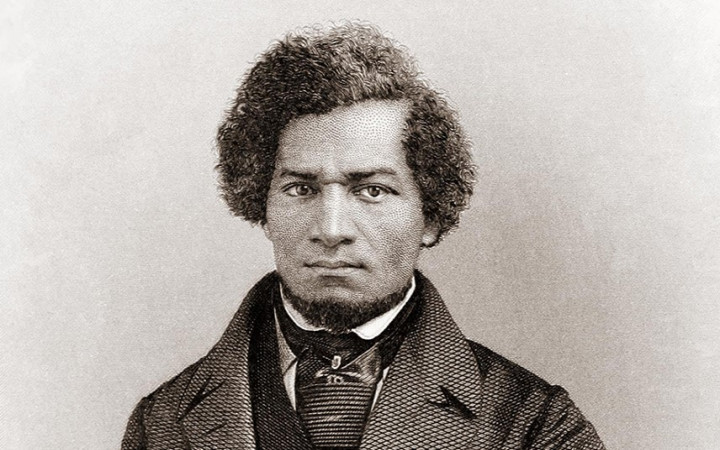Today’s Wonder of the Day was inspired by Ash. Ash Wonders, “WHO WAS Frederick Douglass” Thanks for WONDERing with us, Ash!
What comes to mind when you hear the word “freedom”? Many might say Independence Day. Others might think of Juneteenth or September 16. Maybe you think of Bastille Day!
Leaders in the American colonies signed the Declaration of Independence on July 4, 1776. It declared the independence of the United States. But not all Americans were free that day.
For people who were enslaved, that July 4 did not mean freedom. For most of them, freedom would not come until nearly a century later.
America has often treated people unequally. It can be painful, but it’s important to look back on dark periods of history. That’s how we learn from past mistakes. Today’s Wonder of the Day is about a man who was born into slavery. He later became a great author, speaker, and voice against slavery.
Frederick Douglass was born in Maryland around 1818. His birthname was Frederick Augustus Washington Bailey. His mother was enslaved, and his father was likely her enslaver. At age 20, Frederick escaped slavery. That’s when he took the last name Douglass. He chose the name based on a character in Sir Walter Scott’s poem “The Lady of the Lake.”
Many people who were enslaved were not taught to read or write. But Douglass was taught the alphabet as a child. He went on to learn to read and write. He was sometimes helped by white children and others in his Baltimore neighborhood. Douglass shared what he learned. He taught other enslaved people how to read the Bible.
After his escape from slavery, Douglass married Anna Murray. She was a free black woman from Baltimore who had helped him escape. They settled in a free black community in Massachusetts. There, he joined in the abolitionist movement.
This movement worked to help end slavery. Douglass shared his story. He soon became a regular speaker at anti-slavery events. He wrote his first autobiography in 1845. It was called Narrative of the Life of Frederick Douglass, an American Slave.
His book was a best seller in the United States. It was even printed in many European languages. To avoid recapture after its publication, Douglass went to England. He spent a couple of years there before going back to the U.S.
Later, Douglass published two other versions of his autobiography. They were My Bondage and My Freedom in 1855 and Life and Times of Frederick Douglass in 1881. These works are some of his most important and lasting legacies. He also wrote for anti-slavery newspapers.
Douglass became one of the most important leaders of the 19th century. During the Civil War, he worked tirelessly. He even served as an advisor to President Lincoln twice.
After the Union victory in the Civil War, Douglass kept working for racial equality. He also became an early voice of the women’s rights movement. He later became the U.S.’s foreign minister to Haiti in 1889.
Frederick Douglass passed away in 1895. He remains one of the most famous advocates of racial equality and social justice in American history.
Standards: CCRA.L.3, CCRA.L.6, CCRA.R.1, CCRA.R.2, CCRA.R.4, CCRA.R.10, CCRA.SL.1, CCRA.SL.2, CCRA.W.2, CCRA.L.1, CCRA.L.2





